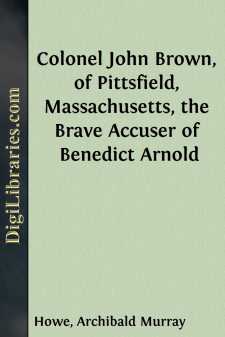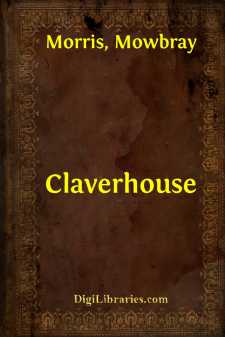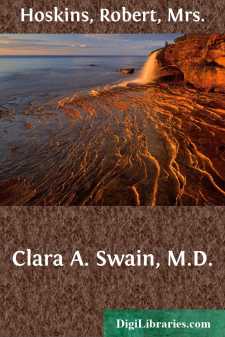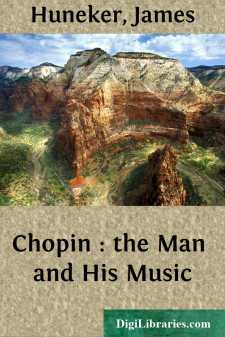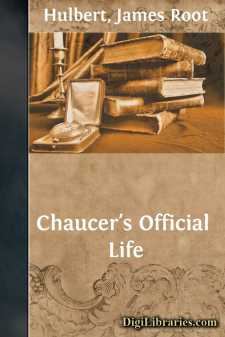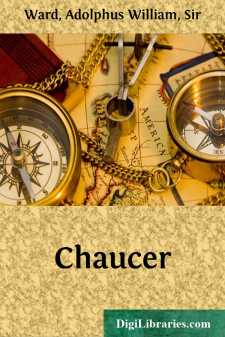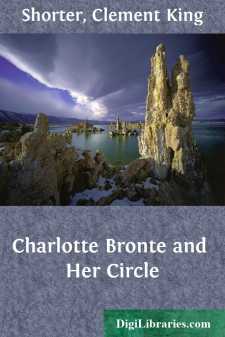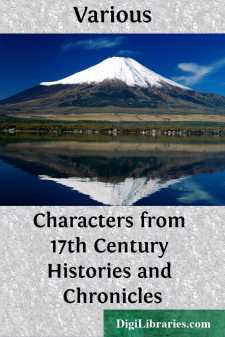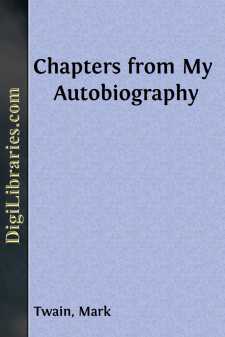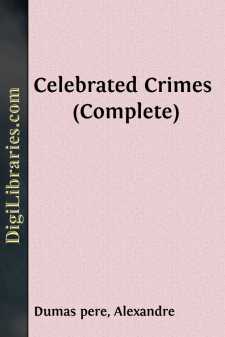Biography & Autobiography
- Adventurers & Explorers 15
- Artists, Architects, Photographers 16
- Business 2
- Composers & Musicians 14
- Criminals & Outlaws 5
- Editors, Journalists, Publishers 6
- Educators 1
- Entertainment & Performing Arts 3
- General 73
- Health, Exercise & Fitness 1
- Historians 3
- Historical 83
- Law Enforcement 1
- Lawyers & Judges 3
- Literary 147
- Medical 7
- Military 48
- Naturalists, Gardeners, Environmentalists 8
- Personal Memoirs & Diaries 226
- Philosophers 3
- Political 9
- Presidents & Heads of State 38
- Religious 38
- Rich & Famous 27
- Scientists 13
- Women 31
Biography & Autobiography Books
Sort by:
THE BRAVE ACCUSER OF BENEDICT ARNOLD. John Brown, of Pittsfield, Mass., now almost forgotten, was a patriot in our Revolution of 1775 whose career has been described more than once by men in New York and in Berkshire County, but, as it is now time to give more impartial views of the controversy, perhaps another sketch of the life of this leader may encourage others to search for clearer views of the...
more...
by:
Mowbray Morris
CHAPTER I. John Graham, Viscount of Dundee, best known, perhaps, in history by his territorial title of Claverhouse, was born in the year 1643. No record, indeed, exists either of the time or place of his birth, but a decision of the Court of Session seems to fix the former in that year—the year, as lovers of historical coincidences will not fail to remark, of the Solemn League and Covenant. He came...
more...
by:
Robert Hoskins
CLARA A. SWAIN, M.D. "The frail little mother of a frail little daughter" did not live long enough to see the fullest answer to her prayer that her youngest born might "grow up to be a good and useful woman," for she passed away before her daughter began her medical career, but the prayer was not forgotten by Him who ever hears the cry of those who call upon Him in faith. Clara was the...
more...
by:
James Huneker
I. POLAND:—YOUTHFUL IDEALS Gustave Flaubert, pessimist and master of cadenced lyric prose, urged young writers to lead ascetic lives that in their art they might be violent. Chopin's violence was psychic, a travailing and groaning of the spirit; the bright roughness of adventure was missing from his quotidian existence. The tragedy was within. One recalls Maurice Maeterlinck: "Whereas most...
more...
The researches of Sir Harris Nicolas, Dr. Furnivall, Mr. Selby and others have provided us with a considerable mass of detailed information regarding the life and career of Geoffrey Chaucer. Since the publication of Nicolas's biography of the poet prefixed to the Aldine edition of Chaucer's works in 1845, the old traditional biography of conjecture and inference, based often on mere...
more...
CHAPTER 1. CHAUCER'S TIMES. The biography of Geoffrey Chaucer is no longer a mixture of unsifted facts, and of more or less hazardous conjectures. Many and wide as are the gaps in our knowledge concerning the course of his outer life, and doubtful as many important passages of it remain—in vexatious contrast with the certainty of other relatively insignificant data—we have at least become...
more...
PRELIMINARY: MRS. GASKELL In the whole of English biographical literature there is no book that can compare in widespread interest with the Life of Charlotte Brontë by Mrs. Gaskell. It has held a position of singular popularity for forty years; and while biography after biography has come and gone, it still commands a place side by side with Boswell’s Johnson and Lockhart’s Scott. As far as...
more...
by:
Various
I. The Beginnings. The art of literary portraiture in the seventeenth century developed with the effort to improve the writing of history. Its first and at all times its chief purpose in England was to show to later ages what kind of men had directed the affairs and shaped the fortunes of the nation. In France it was to be practised as a mere pastime; to sketch well-known figures in society, or to...
more...
by:
Mark Twain
INTRODUCTION. I intend that this autobiography shall become a model for all future autobiographies when it is published, after my death, and I also intend that it shall be read and admired a good many centuries because of its form and method—a form and method whereby the past and the present are constantly brought face to face, resulting in contrasts which newly fire up the interest all along, like...
more...
PROLOGUE On the 8th of April, 1492, in a bedroom of the Carneggi Palace, about three miles from Florence, were three men grouped about a bed whereon a fourth lay dying. The first of these three men, sitting at the foot of the bed, and half hidden, that he might conceal his tears, in the gold-brocaded curtains, was Ermolao Barbaro, author of the treatise 'On Celibacy', and of 'Studies in...
more...


